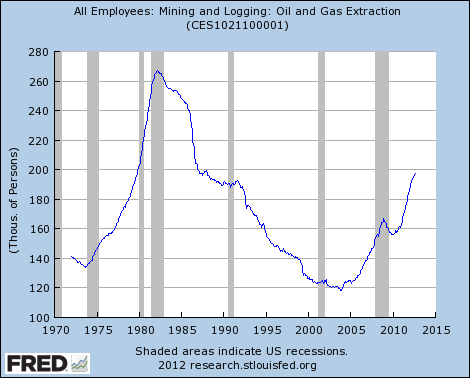
Ready to matriculate.
The day after graduation — or, more realistically, after one last summer off — every college student hopes to start a new, high-paying job. Of late, not a lot of them do; a report a few months ago suggested that more than half of new grads were either unemployed or working only part-time.
One way to increase the odds of getting a good job and salary on graduation is to choose the right university. A graduate of Harvard, for example, is far more likely to quickly land a high-paying gig than a graduate of, say, the South Dakota School of Mines & Technology.
Those leaving the college of 2,300 students this year got paid a median salary of $56,700, according to PayScale Inc., which tracks employee compensation data from surveys. At Harvard, where tuition fees are almost four times higher, they got $54,100. Those scheduled to leave the campus in Rapid City, South Dakota, in May are already getting offers …
The reason for the high salaries? Demand.
As many as 78,000 additional U.S. workers will be needed by 2019 to replace retirees, the Society of Mining, Metallurgy & Exploration said in a report in January. …
Demand for mining-school graduates is exceptional in the U.S., where the unemployment rate for 20-to-24 year olds with Bachelor’s degrees was 11.8 percent in July. The jobless rate across the economy held above 8 percent for a 43rd month in August, government data show.
Universities trimmed courses in earth sciences, mineral geology and mine engineering when the industry contracted in the 1980s and 1990s, said Diana Stewart, the marketing director at Hampshire, U.K.-based jobs4mining.com, a message board that links recruiters and prospective workers worldwide. Shortages in mine engineering and project management are acute, she said.
The economic advantage of a degree from the School of Mines isn’t eternal. By mid-career, Harvard graduates earn about $116,000 annually; Mines grads, $96,300. Nor can the boom in the mining industry last forever. The number of employees in mining and extractive industries is spiking, and spikes don’t last forever.

So if you can go back in time four years and enroll for college, picking the South Dakota School of Mines is a decent bet. If you’re enrolling today? Pick Harvard. And if you’re picking in 100 years, after we’ve used up most of the resources and the financial sector is in disarray, the Florida School of Mimes will welcome you with open arms that are holding a wobbly bunch of invisible bananas.
Hat tip: The Billfold.




